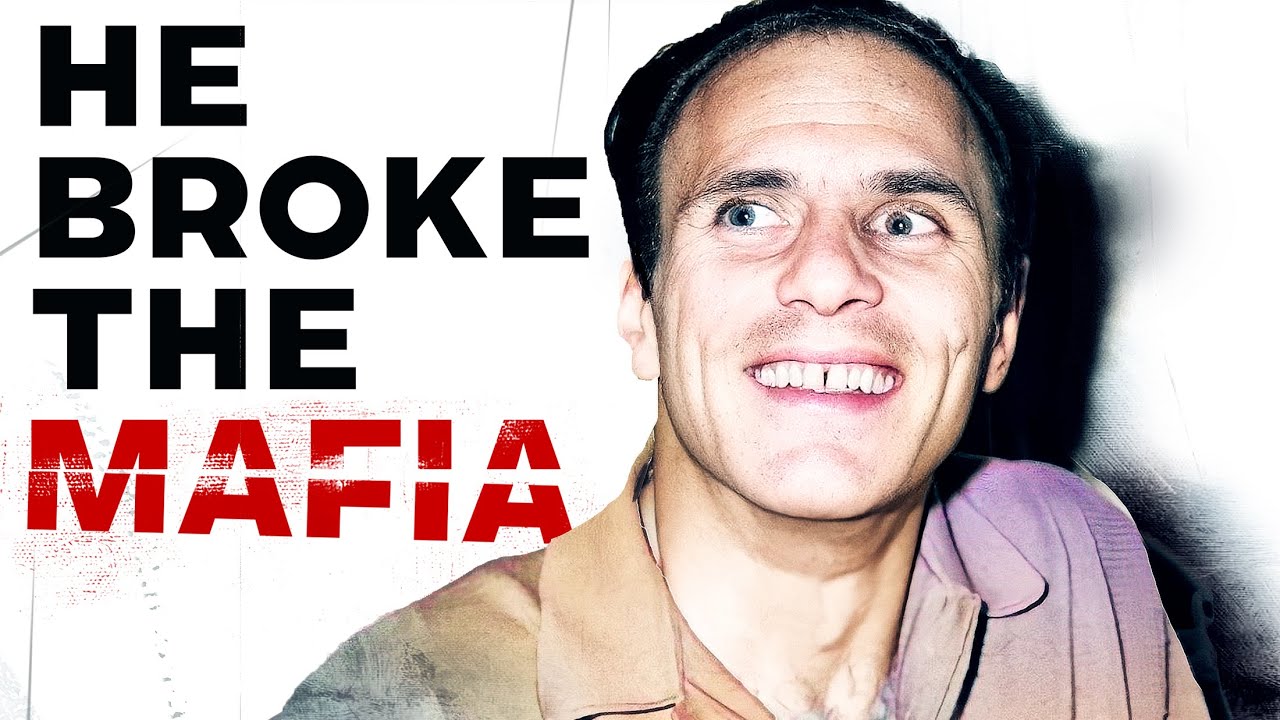Joe Gallo

Joe Gallo, also known as “Crazy Joe,” was a notorious figure in the annals of American organized crime. Born into the turbulent streets of New York City, Gallo’s life epitomized the complexities of the Mafia underworld. From his early days as a street tough to his rise as a prominent figure in the Profaci crime family, Gallo’s journey was marked by intrigue, violence, and defiance. In this article, we delve into the enigmatic tale of Joe Gallo, exploring his tumultuous life, his clashes with authority, and his enduring legacy within the realm of organized crime.
Early Life and Beginnings:
Joe Gallo was born on April 7, 1929, in the Red Hook neighborhood of Brooklyn, New York. Raised in a working-class Italian-American family, Gallo was exposed to the harsh realities of urban life from an early age. As a teenager, he became involved in petty crime and street gangs, foreshadowing his later association with organized crime.
Gallo’s entry into the Mafia world began in the 1950s when he became associated with the Profaci crime family, one of the notorious Five Families of New York. Under the leadership of boss Joe Profaci, Gallo quickly rose through the ranks, gaining a reputation for his fearlessness and ruthlessness.
The Profaci Wars:
During the 1960s, tensions within the Profaci crime family reached a boiling point, leading to a violent internal conflict known as the Profaci Wars. Gallo, along with his brothers Larry and Albert, played a pivotal role in this bloody power struggle, seeking to challenge the established order within the Mafia hierarchy.
Gallo’s defiance against Joe Profaci and his loyalists earned him the nickname “Crazy Joe” and cemented his reputation as a maverick within the criminal underworld. His brazen acts of violence and his willingness to challenge authority made him both feared and admired by his peers.
The Notorious Umberto’s Clam House Shooting:
One of the most infamous incidents associated with Joe Gallo occurred on April 7, 1972, his 43rd birthday. Gallo and his associates were dining at Umberto’s Clam House in Little Italy when gunmen burst in and opened fire, fatally wounding Gallo and injuring several others. The circumstances surrounding Gallo’s assassination remain shrouded in mystery, with speculation ranging from a vendetta within the Mafia to a dispute over a woman.
Legacy and Influence:
Despite his violent demise, Joe Gallo’s legacy continues to intrigue and fascinate observers of organized crime. His defiance against the traditional Mafia power structure and his romanticized portrayal in popular culture have elevated him to the status of a legendary figure.
Gallo’s life has been immortalized in books, films, and television shows, perpetuating his mythos as a rebel within the world of organized crime. However, beneath the sensationalized portrayals lies a complex and conflicted individual whose actions were driven by a combination of ambition, loyalty, and a desire for self-preservation.
Conclusion:
The tale of Joe Gallo is a testament to the enduring allure of organized crime and the indelible mark left by individuals who defy convention and challenge authority. From his humble beginnings on the streets of Brooklyn to his violent demise in a crowded restaurant, Gallo’s life encapsulates the raw brutality and audacious ambition of the American Mafia.
Though his story may be shrouded in myth and speculation, the legacy of Joe Gallo endures as a symbol of rebellion and defiance against the established order. In the annals of organized crime history, he remains a enigmatic figure whose exploits continue to captivate the imagination of both scholars and enthusiasts alike.





